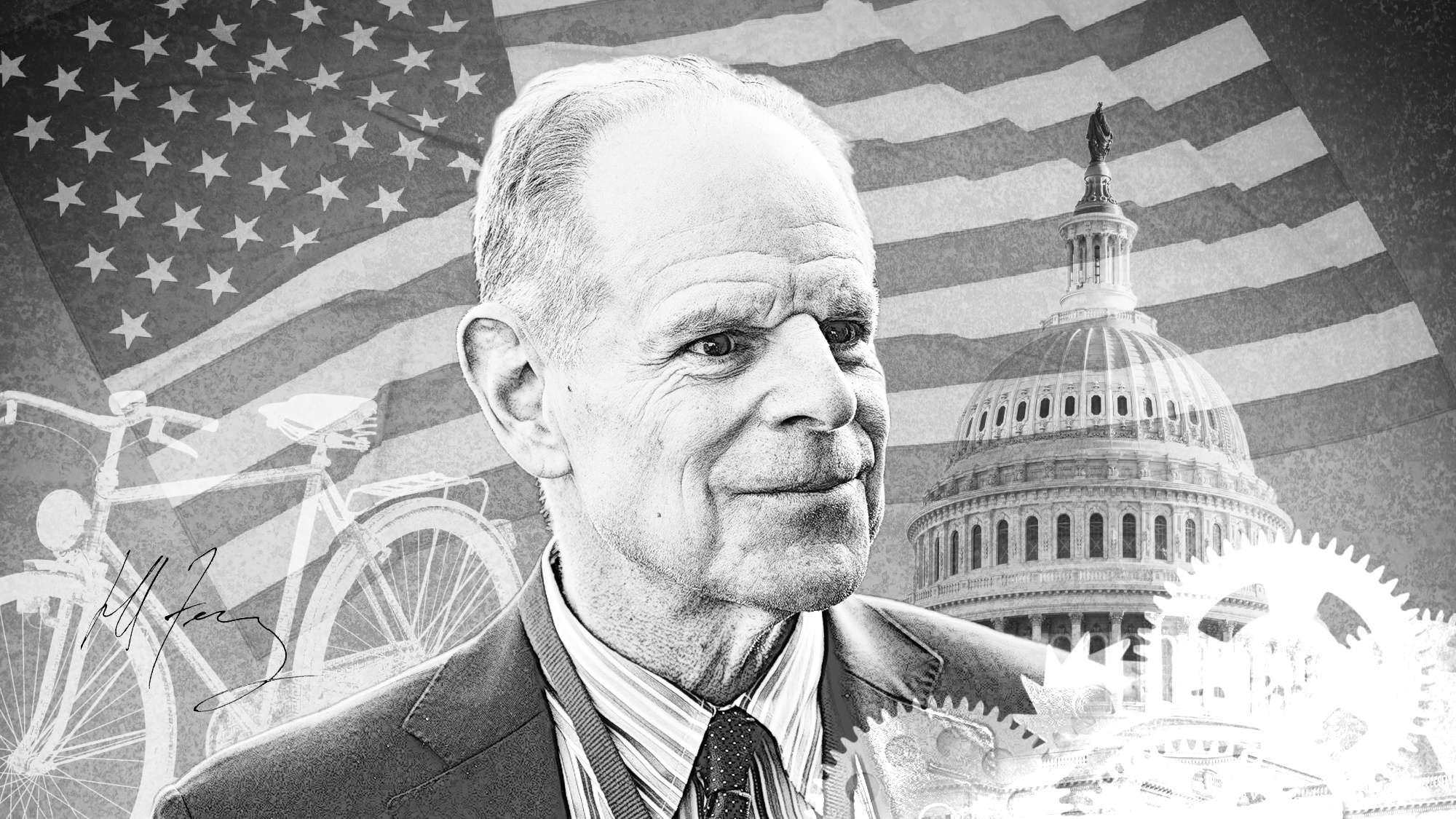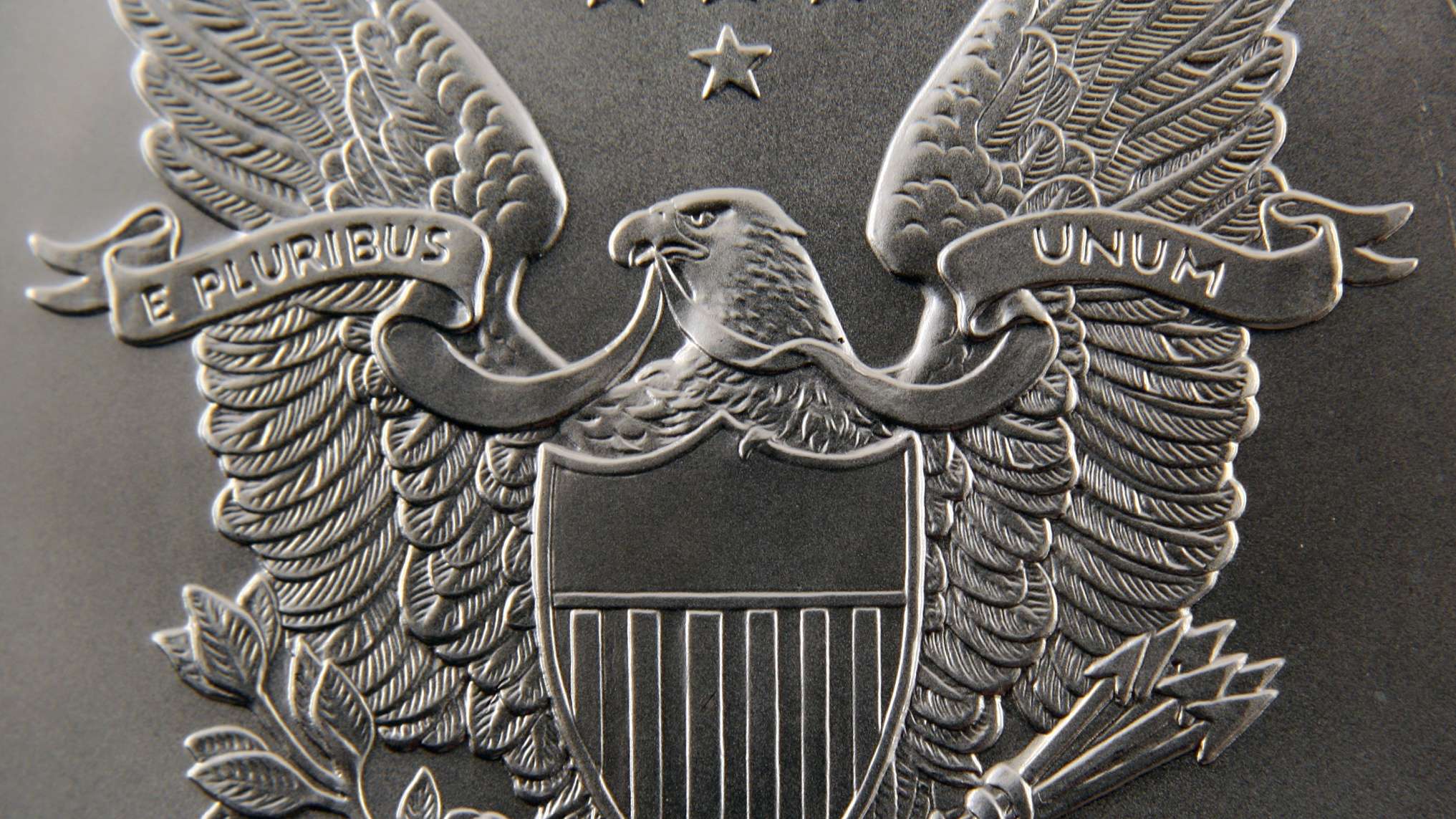
Christmas is a national holiday and has been since 1870. The holiday has a long history, not uncontroversial in its secular and religious versions. As Historian David Barton pointed out:
“In colonial America, the southern regions that were more directly linked to High-Church traditions (e.g., Anglicans, Catholics, Episcopalians) celebrated Christmas; but the northern regions especially linked to Low-Church traditions (e.g., Congregationalists, Baptists, Quakers) did not. Those Low-Church colonists associated the pomp and grandeur of Christmas celebrations directly with the autocratic leaders and monarchs in Europe that they so opposed. Massachusetts therefore passed an anti-Christmas law in 1659, and it was not until the 1830s and 1840s that Christmas celebrations became accepted in New England.”
But by 1870, the whole country largely accepted Christmas as a Holiday.
We often say “Happy Holidays” because of the other holidays during this season. Hanukkah, the Jewish Festival of lights, is from December 16 to 24 this year. Jews remember the re-dedication of the second Jewish Temple in Jerusalem. Christmas may have been placed in December by the church in the middle ages to compete with the pagan mid-winter festivals. Kwanzaa, which lasts from December 26 to January first, is celebrated by West African Diaspora and culminates in a feast and gift giving.
We at CPA are working for broadly shared prosperity for our community called the United States of America. We hope to reflect and improve ourselves in preparation for 2015.
Perhaps Benjamin Franklin said it best:
“Let no pleasure tempt thee, no profit allure thee, no persuasion move thee, to do anything which thou knowest to be evil; so shalt thou always live jollity; for a good conscience is a continual Christmas.”
So, Merry Christmas to you, your family and friends. And Happy Holidays!













